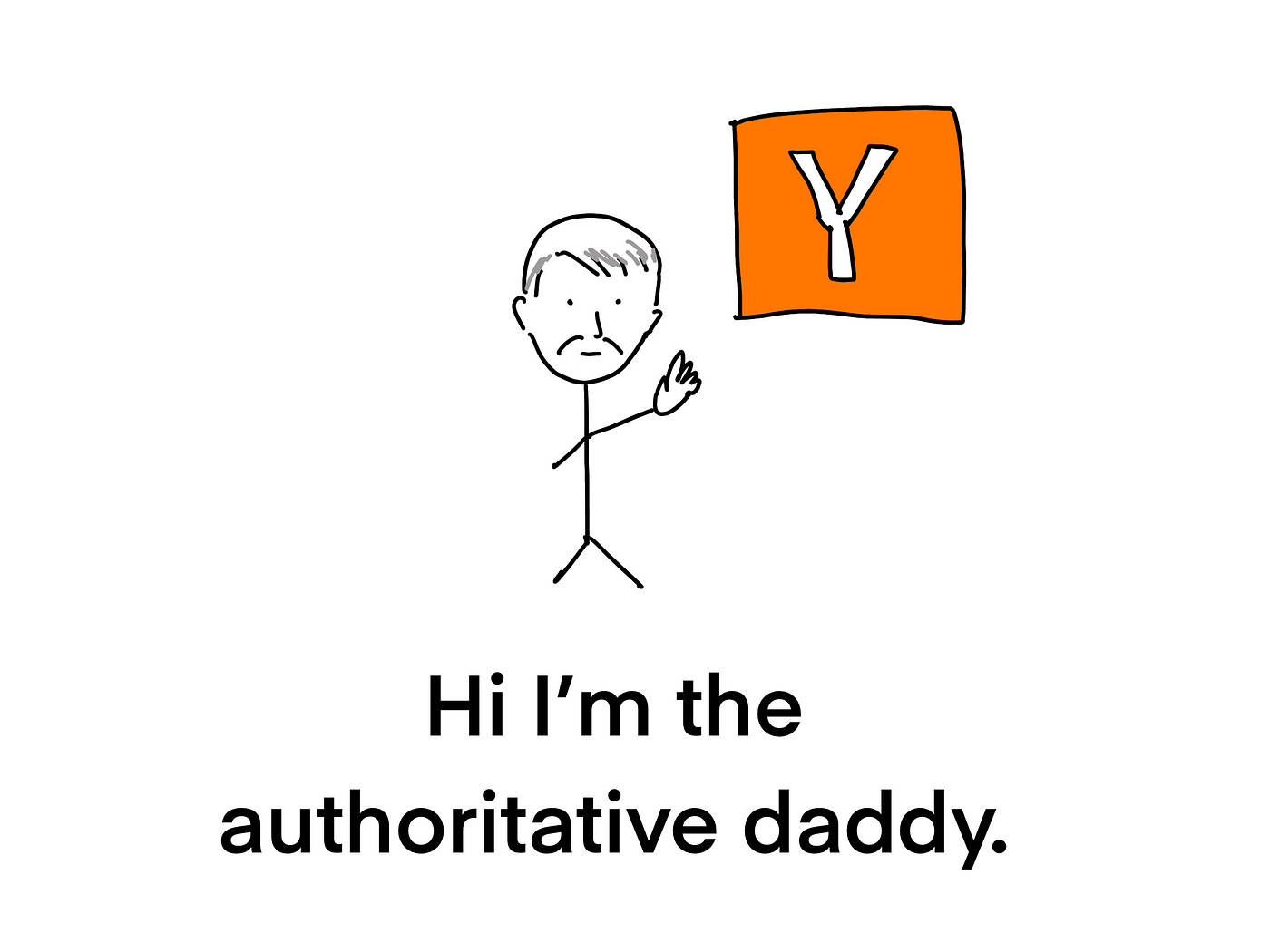Most people will say Einstein and Richard Feynman are special because they are smart and curious. It might seem that curiosity is a fixed resource they possess more than others, but it isn’t. (For intelligence, read “Beyond Smart.”)
If it is fixed, why do kids ask so many questions about the world, while adults don’t? It might seem obvious that the distinction is that our curiosity is mostly dead, but not theirs. And schools are responsible for that. But that’s more of a self-imposed constraint than reality.
One of my friends told me that she cannot motivate herself like I do because I am a person who can function well with internal motivation, while she relies on external one. Hence, she always needs accountability and social learning to move forward. This is the constraining thought. This thought is almost identical to thinking, “I’m too lazy to self-learn.” Relying on it gives you an excuse to free yourself from the responsibility to explore your own curiosity.
Instead, ask yourself, “Given that humans are innately lazy, how can I still motivate myself to self-learn?” This is the moment when your curiosity is able to breathe, and you welcome it into your life.
Curiosity is a muscle that you will need to actively cultivate — a lifestyle that you adopt by discarding others, including your self-expectations and your sense of control, such as your desire to appear intelligent and feel successful.
Many intelligent people like to brand themselves as curious when they are asking questions at a dinner party. But few of them are willing to give up what they already have and only follow that trace of curiosity. The sensitivity of that trace is the core practice of exercising the curiosity muscle.
As for how to cultivate and grow your curiosity muscle, there are many ingredients, such as having enough free time, exploring different tricks to motivate yourself, being in a solitary environment, and allowing yourself to fail and feel dumb.
I never really thought of starting my “self-learning” journey. Four years ago, I was just a bored exchange student because I had finished all the enjoyable things I could do (I only had two hours of class a week). I started to self-learn for a week, got distracted for a month, felt like coming back to experiment, and failed again. Yet, over time, I started to listen to my instincts about how to learn and what to learn. With enough boredom and loneliness, I constantly exercise curiosity muscle and experiment with different self learning tricks. Four years later, people are amazed by my motivation to keep writing and doing random projects, it’s just something I’m used to because I can bring out all the tricks and easily recall that curious lifestyle again. That curiosity trace has become a well-supported web.
Some people told me that following curiosity is too hard, so they need to start with goal setting. But then you probably start the journey wrong. In fact, most of us care a lot about goals and efficiency consciously and subconsciously, so even if you aggressively seek curiosity, a sense of progression will still be there. Hence, to really learn what you like and want, try to let go of that expectation as much as you can, so your curiosity has enough nutrients to grow. More often than not, your curiosity has better guidance on how and what to learn than your own expectations.
Successful people, like Paul Graham, like to market the idea that curiosity will lead you to perform great work. Therefore, curiosity is a charm among the well-educated circle. However, it’s not an ingredient that will guarantee success, because curiosity might have a direction or not. It’s all about how to interact with and harness it for your use. Besides, if your goal is to laser focus on achieving great work and curiosity is a tool to achieve it, then you may have already lost that curiosity in the first place. Great work is just a by-product of curiosity because how your curious instinct guides you is nowhere to be predicted. But that’s also why many new ideas and unexpected progress are discovered when people dive deep into their curiosity. Yet, whether you discover or create anything great or not in the end, you will feel content, passionate, and happy, no matter what you are pursuing, with an in-depth understanding of yourself and your career.
Hi weirdo friends! Today I’m really bored so I pretended I’m Paul Graham and wrote this post. How do you feel about this authoritative daddy tone? I feel I was 70 years old when I was writing. And end up feeling like I at least need to draw something or I will die. I love learning how to write in compact yet logical way like he does, but please bring some youth to me.



dear paul graham, i would love to bring Esther's voice back thank uuu. otherwise, love this post on curiosity. looking forward to seeing more posts on your learning process.